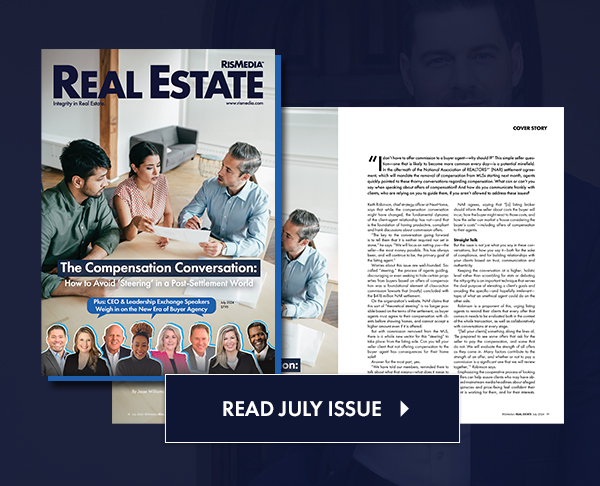When real estate markets favor home sellers, it is not uncommon to see a variety of tactics used to make a buyer’s offer more favorable.
In a hot real estate market that features numerous bidding wars, buyers need every edge they can get.
One tactic that has become more and more popular among real estate agents is a real estate escalation clause. Escalation clauses are a common part of real estate contracts in seller’s markets.
The clause allows for an escalation in the price of a property if certain conditions are met. We will provide a detailed explanation of what an escalation clause is and how it works.
What is an escalation clause in real estate contracts?
An escalation clause says that a homebuyer will outbid other offers on a home by a certain amount of money up to a specified ceiling price.
The ceiling also gets called the cap price or the highest you’re willing to bid.
The amount of money you’re willing to pay over the next highest bidder is called the escalator amount.
How does an escalation clause work?
In order to see how escalation clauses work, let’s look at an example.
A home that you love is listed for $600,000 and you want to make an offer on it. You put in a bid for $610,000 with an escalation clause stating that you will go higher than any other bona fide offer by $5,000 with a cap of $650,000.
If another buyer comes along and offers $625,000 for the home, your offer would be bumped to $630,000.
If another buyer came along and offered $660,000, your offer would go up to $650,000.
The seller would then need to decide if there were other terms that make either offer more attractive.
The usefulness of an escalation clause is clear if you purchase homes in an area where multiple offers are common.
One of the buyers’ main frustrations is not knowing what it will take to get the home they want.
The escalation clause will help a buyer put their best offer on the table while also feeling that they didn’t overpay.
Make sure the “escalator” is used properly
One of the biggest mistakes I see real estate agents making with escalation clauses is making the escalator too low.
For example, I often see the escalator being $1,000. Trust me when I tell you that a thousand dollars isn’t going to motivate a seller to accept an offer if the other terms in a competing offer are better.
Depending on the price range of the home, the escalator should be $5,000 or more. There needs to be a motivation on the seller’s part to accept an offer.
Walking away from an extra five thousand is different than one thousand, especially when other things in a different offer are more attractive.
Keep in mind that an escalation clause only deals with the price
Homebuyers need to keep in mind that an escalation clause is only one tool in their quest to being the winning bidder.
There are other terms that could be very important to the seller as well. It is essential to have your buyer’s agent find out what would make the seller happy.
For example, if the appraisal could be an issue due to a significant bump in the price, a seller may want an appraisal waiver or at the very least an appraisal gap clause.
The seller might also have a very specific closing date in mind that’s important. Don’t forget that being the highest bidder might not get you the house.
In heated seller’s markets, the mindset of the buyer will be to win at all costs, especially when they have lost out on other houses. Be prepared for buyers to do unconventional things such as waiving their home inspection.
Final thoughts
An escalation clause can be an excellent tool for coming out on top in a bidding war. However, it is not the end all be all. Use it to your advantage, but don’t forget about other things that could be crucial to a seller.
 Bill Gassett is a nationally recognized real estate leader who has been helping people buy and sell MetroWest Massachusetts real estate for the past 35 years. Bill is the owner and founder of Maximum Real Estate Exposure. For the past decade, he has been one of the top RE/MAX REALTORS® in New England.
Bill Gassett is a nationally recognized real estate leader who has been helping people buy and sell MetroWest Massachusetts real estate for the past 35 years. Bill is the owner and founder of Maximum Real Estate Exposure. For the past decade, he has been one of the top RE/MAX REALTORS® in New England.












